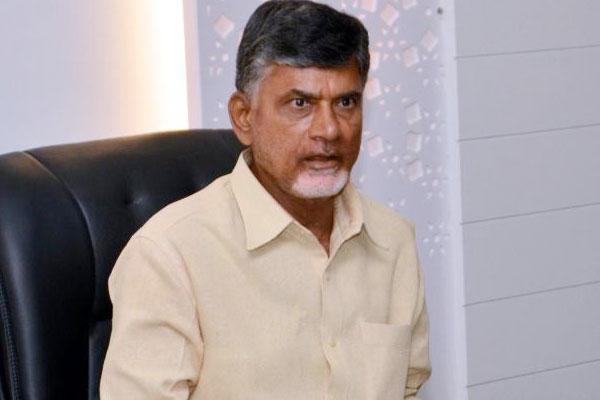The impact of swelling number of defector MLAs in Telugu Desam party is being felt in government. Many MLAs feel, they are slowly losing importance. The in-charge ministers, who have to play key role in taking the important decisions related to the district are a more disappointed lot now. They are being ignored, they complain. The unanimity among many ministers is that the continued defection of YSRC MLAs has brought about a change in the attitude of chief minister towards ministers and administration. They complain that they are being bypassed by CMO.
Now the chief minister has started talking to the district collectors and police superintendents directly. And they also started taking instructions either from the CM directly or from the officials of chief minister’s office(CMO). Some ministers feel that the administration in the state getting too much centralized. In the words of a minister, Andhra Pradesh is under ‘central rule’. There are two explanations for this change in chief minister Naidus’ attitude towards ministers. They are 1. Chief minister is terribly unhappy with the performance of more than half of the ministers. He is said to have received complaints from the party leaders and some MLAs that districts should be freed from the ministers’ rule. So Naidu, to curb the too much domination by ministers, took control of the administration and started instructing the officials from Amaravati; 2. The change is prompted by the growing defections from YSR Congress which has given Naidu enormous self-confidence. As the entry of new MLAs is likely to generate tension in the districts, Naidu took control of the administration leaving the minister high and dry. The next step he is planning, according to a minister, is to inject new blood into the cabinet.
The whisper among the ministers is that things would deteriorate further and they would become non-entities once Lokesh, CM’s son, also joins the cabinet. All the ministers would be reduced to rubber stamps needed only to endorse the decisions taken by chief minister and a few officers, in the cabinet meetings, which they say is a constitutional obligation.
























